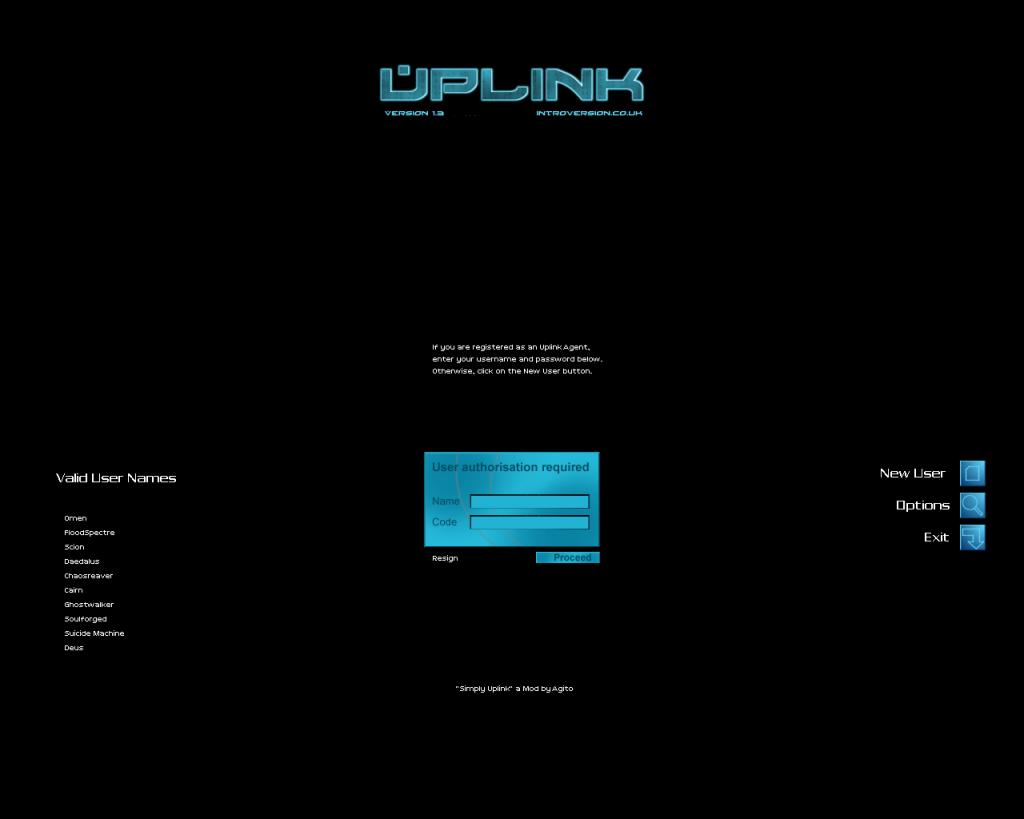

You watch the timer and, at the last possible second, cut the connection. You manage your computer and search for information. You execute programs and perform actions. Uplink has plenty of depth to its content, but the hacking systems themselves are relatively simple. It needn't be complex, just frantic and demanding. That's what so many games get wrong about hacking.

It's a race, and you'll only win if you perform every action to perfection. That done, you still have to perform the task you've been hired for, whether it's typing in search queries or editing records. (Wikipedia: As some versions of Uplink: Hacker Elite have been modified. COPY: - Copy large and secure corporate database. Destroy customer records on a sales system. DESTROY: - Destroy corporate data of a rival company.
#Uplink hacker elite missions destroy scientific research password#
To break into a system, you have to juggle programs like the agonisingly slow password breaker, firewall bypasser, vocal analyser, proxy disabler and log deleter. His tasks involve stealing research data, sabotaging other companies. As Uplink randomises most of the data in the game upon creating a profile, you can't research people and systems in a single-segment run, so it's all improvisation. Section 2 - The Missions Here are the mission descriptions that may require LAN hacks. It's such a basic idea: forcing you to use the real-world tools of mouse and keyboard, thus creating a difficulty curve that's directly based on how much pressure you're under. Uplink's other stroke of genius is that it makes you click on and type things manually. Disconnecting with seconds to spare feels amazing. The ramp up in tension it creates as you race to finish your objective in time is almost unbearable. It starts out slowly, but as your window of opportunity diminishes it may as well double for a heart-rate monitor. It emits beeps that mark the time remaining before a security system finds you. I deleted all the files in usr, log, and sys, then waited until it showed up on the news. In Uplink, the tension is brilliantly realised through one of the game's most basic programs: the Trace Tracker. advertisement Part 2: Doing a few more easy file deletion and copy. Bounce your connection through many hosts to slow down the backtrace. Automatic real-time lockpicking is inherently more tense than a convoluted mini-game in which the outside world ceases to exist.) Part 1: Logging on for the first time, completing the test mission and earning my first credits for an easy job, eventually. Uplink is a pseudo-hacking game where you simulate hacking into various systems and using various fictional (but good sounding) tools to help you break through, including password guessers, cryptographic attack tools, voiceprint fakers, proxy bypassers, and more. This is pointless: hacking shouldn't be about the act, but the tension between the act and getting caught in it. Break into one of Fallout 3's computers, and people politely wait as you play a word-based guessing game. Hack a shop in Bioshock, and the world stays frozen in place as you piss about with some pipe pieces. Too many hacking mini-games treat the hacking as a separate entity that's removed from the world of the game.


 0 kommentar(er)
0 kommentar(er)
